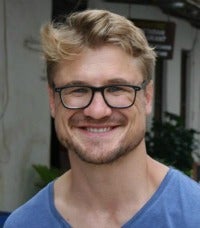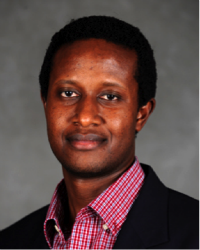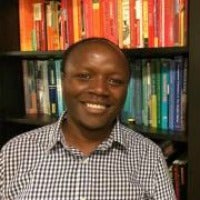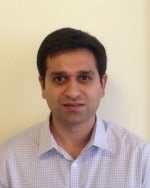RISE
The Research on Improving Systems of Education (RISE) Programme (new window) is a large-scale, multi-country research project co-funded by the UK’s Foreign, Commonwealth and Development Office (FCDO), Australia’s Department for Foreign Affairs and Trade (DFAT), and the Bill and Melinda Gates Foundation.
Through rigorous research, the RISE Programme aims to answer the following question: “What works to improve education systems to deliver better learning for all at scale?”
RISE’s work in Tanzania is led by the RISE Tanzania Country Research Team (CRT), an international team of 12 education experts from Georgetown University, the University of Virginia, Twaweza, the University of Dar es Salaam, World Bank, and the Amsterdam Institute for Global Health and Development. In Tanzania, the RISE Country Research Team is studying the impacts of the recent education reforms and working on testing interventions that have the potential to improve education service delivery.
Specifically, the RISE Tanzania Research Project seeks to:
- document the policy process that generates and sustains reforms (or the converse);
- characterize the extent of implementation of the reforms both over time and across Tanzania’s regions;
- estimate the impact of the reforms on learning and other intermediate outcomes;
- identify opportunities for potential improvements in key aspects of the design and/or implementation of the education sector programs and policies.
The study is divided into two phases: an initial 18-month period (Phase I), during which the team focuses on activities (i), (ii), and (iii) above, followed by a 60-month period (Phase II), during which the team partnered with government and other education agencies to examine the impact of recent and new education initiatives. The team will continue the analysis of data collected during Phase I and Phase II and plans to complete its final data collection activities in Summer 2022. A list of the RISE Tanzania team’s publications is available here.





